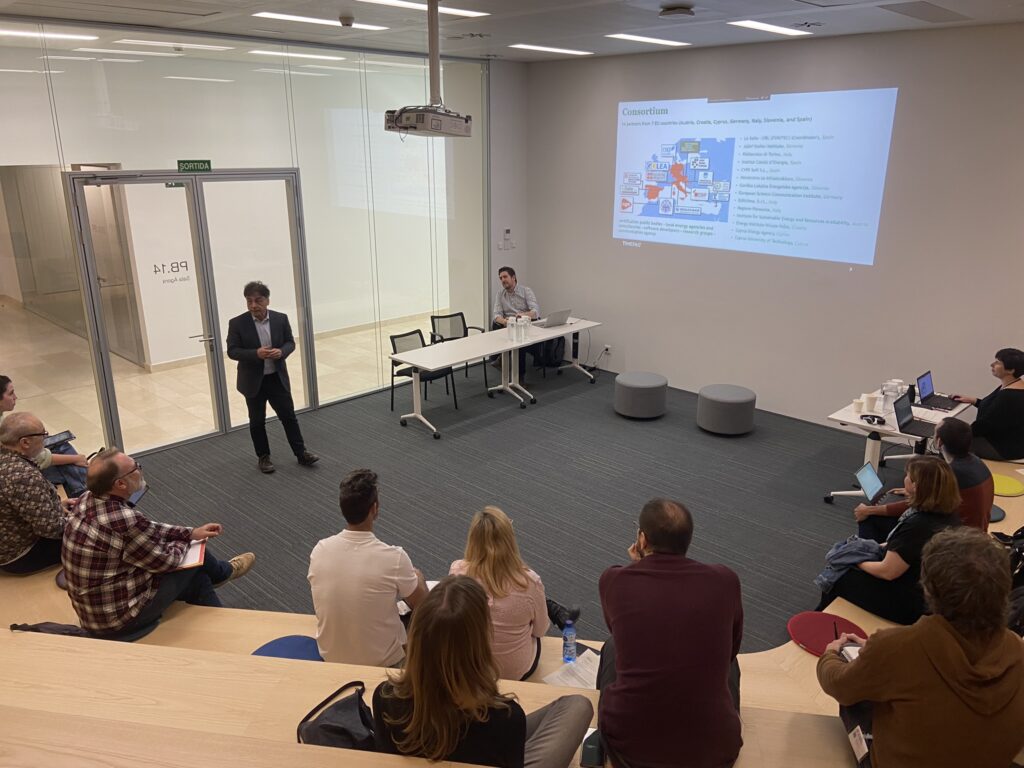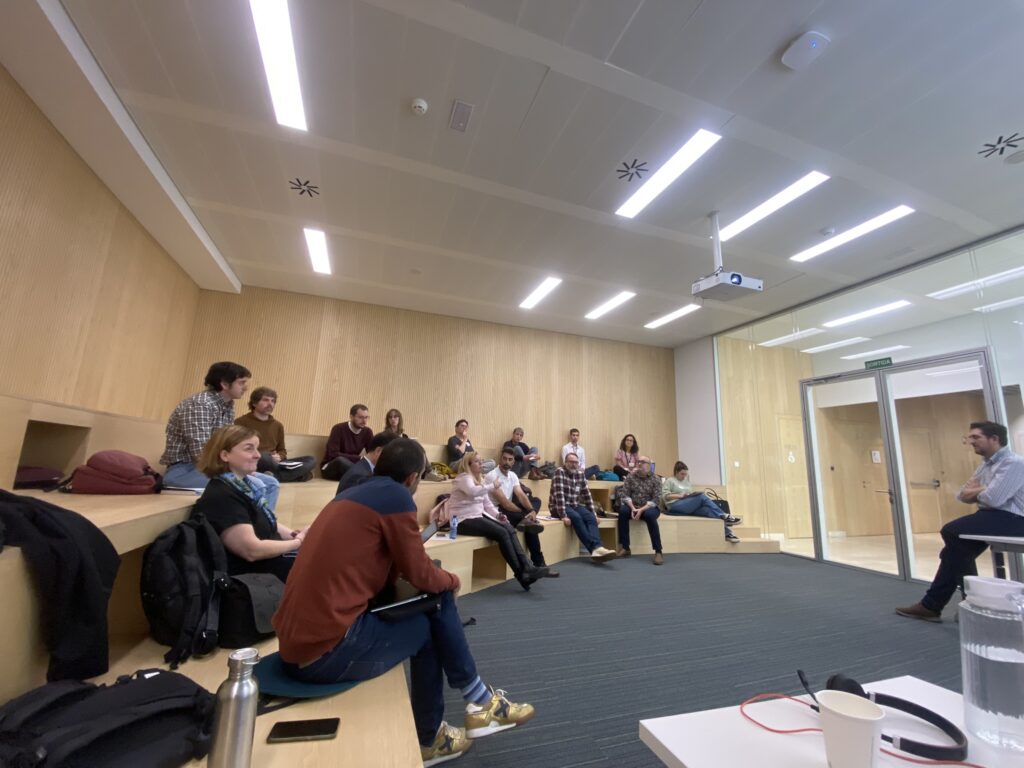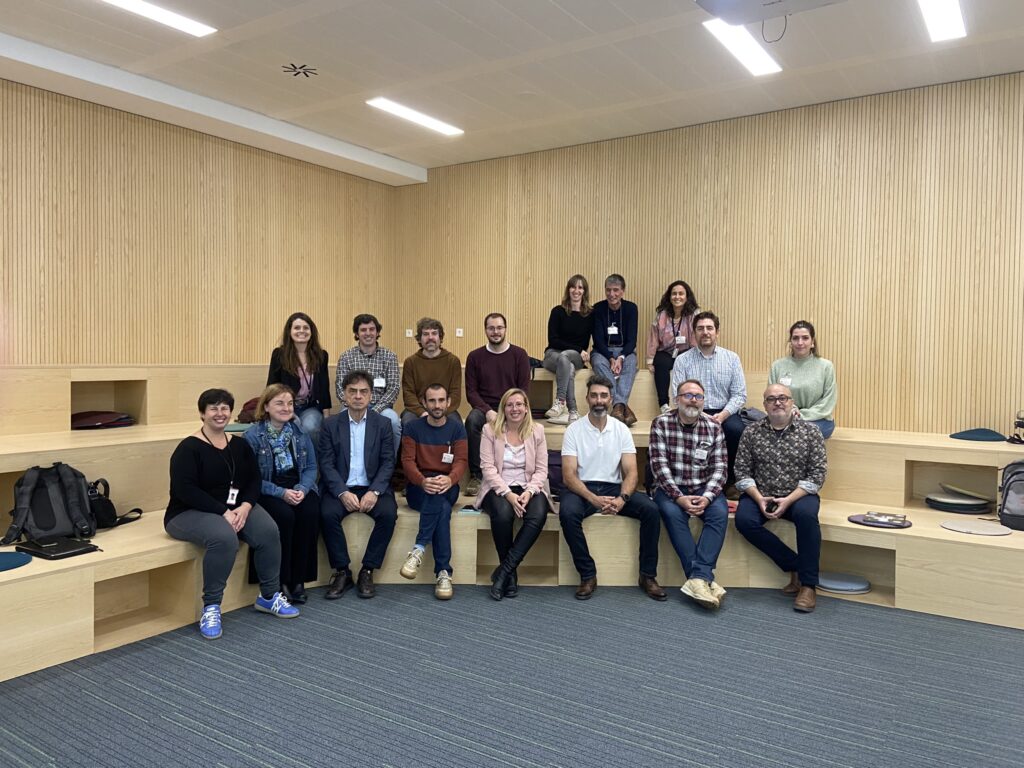Unlocking the path to a greener future requires collaborative efforts and innovative solutions. Recently, on November 17th, 2023, a dynamic in-person workshop unfolded at the ICAEN headquarters in Barcelona, exploring the pivotal role of Energy Performance Certificates (EPCs) in propelling large-scale renovation initiatives. With representatives from diverse sectors – spanning local administration, research groups, and companies – the discussion delved into economic, social, regulatory, and technical challenges hindering the decarbonization of the residential building stock at an urban scale.
Socio-economic, regulatory and technical challenges
The workshop identified significant hurdles rooted in economic and social realms. Economic factors, such as the limited influence of energy efficiency on property decisions and the high costs associated with rehabilitation, emerged as critical roadblocks. Social complexities were highlighted, including challenges related to neighbour agreements and a lack of awareness about existing regulations, making it evident that a multifaceted approach is essential.
Regulatory shortcomings were also identified, with a focus on the non-mandatory nature of rehabilitation and inadequacies in existing energy certificates. From a technical standpoint, the need for sophisticated urban energy modeling systems became apparent. These systems, capable of providing accessible data for stakeholders, were deemed crucial to assessing the building stock’s status and implementing effective improvement measures.
Establishing a multidisciplinary approach to foster holistic building renovation management
In an effort to tackle these challenges, participants brainstormed solutions ranging from comprehensive planning to transcending administrative scales. Strategies involving multidisciplinary teams and effective communication were highlighted as key components for successful building rehabilitation management. Technological advancements, such as enhancing certification quality, leveraging future climate forecasts, and implementing robust data governance, were proposed as tools to pave the way for sustainable urban development.
Participants also emphasized the importance of collective efforts, advocating for comprehensive planning, and promoting demand reduction. Strategies included fostering energy communities, introducing financial incentives like energy savings certificates, and prioritizing training initiatives. These proposals underscored the need for a holistic approach involving individuals, organizations, and administrations.



In conclusion, the workshop in Barcelona highlighted the imperative for a united front in ushering positive change within the residential building stock, predominantly comprising multifamily, multi-owner buildings. The road to decarbonization demands collaborative efforts, innovative solutions, and a commitment to urban sustainability. As we move forward, the insights from the TIMEPAC Verification Scenario workshops can serve as a starting point, inspiring collective action to build a greener and more sustainable future for urban communities.